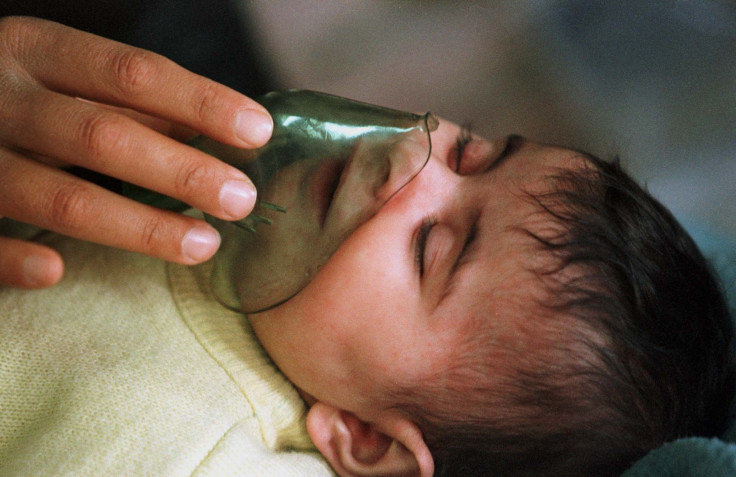Scientists find four types of bacteria as future’s ‘ultimate’ cure to asthma

Scientists have found that exposure to “good bacteria" in earlier stage of infancy could prevent the development of asthma. A new study shows that the lack of four key types of bacteria could put children at high risk of asthma and allergy.
The analysis shows that infants are more likely to develop asthma because of the missing four types of bacteria, namely, Faecalibacterium, Lachnospira, Veillonella and Rothia (Flvr). Wheeze and skin allergy tests showed that three-month-old children are at a higher risk of developing asthma due to missing bacteria.
In the tests, researchers examined the microbiome in a total of 319 children with asthma risk. Microbiome has been found to have huge impact on health, with bacteria, fungi and viruses dominating the human cells by 10 to 1.
The researchers from the University of British Columbia and the Children's Hospital in Vancouver, Canada have analysed billions of bacteria causing illness and viruses that naturally dwell in the human body. They have found that one-year-olds were not affected by the microbiome, which indicates that earlier months are crucial for infants.
Dr Stuart Turvey, one of the researchers whose study was published in the Science Translational Medicine, said that they hope the bacteria, Flvr, could be given to younger infants to see if it could prevent the “ultimate development of asthma.” However, he added that the team is not prepared for the experiment yet, he added, because of very little information about the bacteria.
The BBC reported that asthma and allergies could be developed due to the "hygiene hypothesis," or the lack of children’s exposure to enough microbes to regulate the immune system and identify which is a friend or foe bacteria. Birth by Caesarean section and not breastfeeding also limit the bacteria to be transmitted to a newborn, while antibiotics for pregnant women or newborns can alter the microbiome.
"For a number of years, exposure to microbes has been linked with protection against asthma, a classic example is growing up on a farm and drinking raw milk," Dr Benjamin Marsland of the University of Lausanne in Switzerland told the BBC. High-fibre diet was also found in Marsland’s study to reduce inflammation in the lungs and prevent symptoms of asthma.
The new study supports previous observations and the concept of having certain “developmental windows in early life, where it's really important to get the right signals,” he added. Marsland suggests that providing babies the “right bugs, at the right time” could be the best way to prevent asthma and allergies.
However, more studies are required to understand how the findings can help provide advice for new parents, developing treatments and “ultimately” a cure, according to Dr Samantha Walker from the charity Asthma UK.
Contact the writer at feedback@ibtimes.com.au or tell us what you think below




















